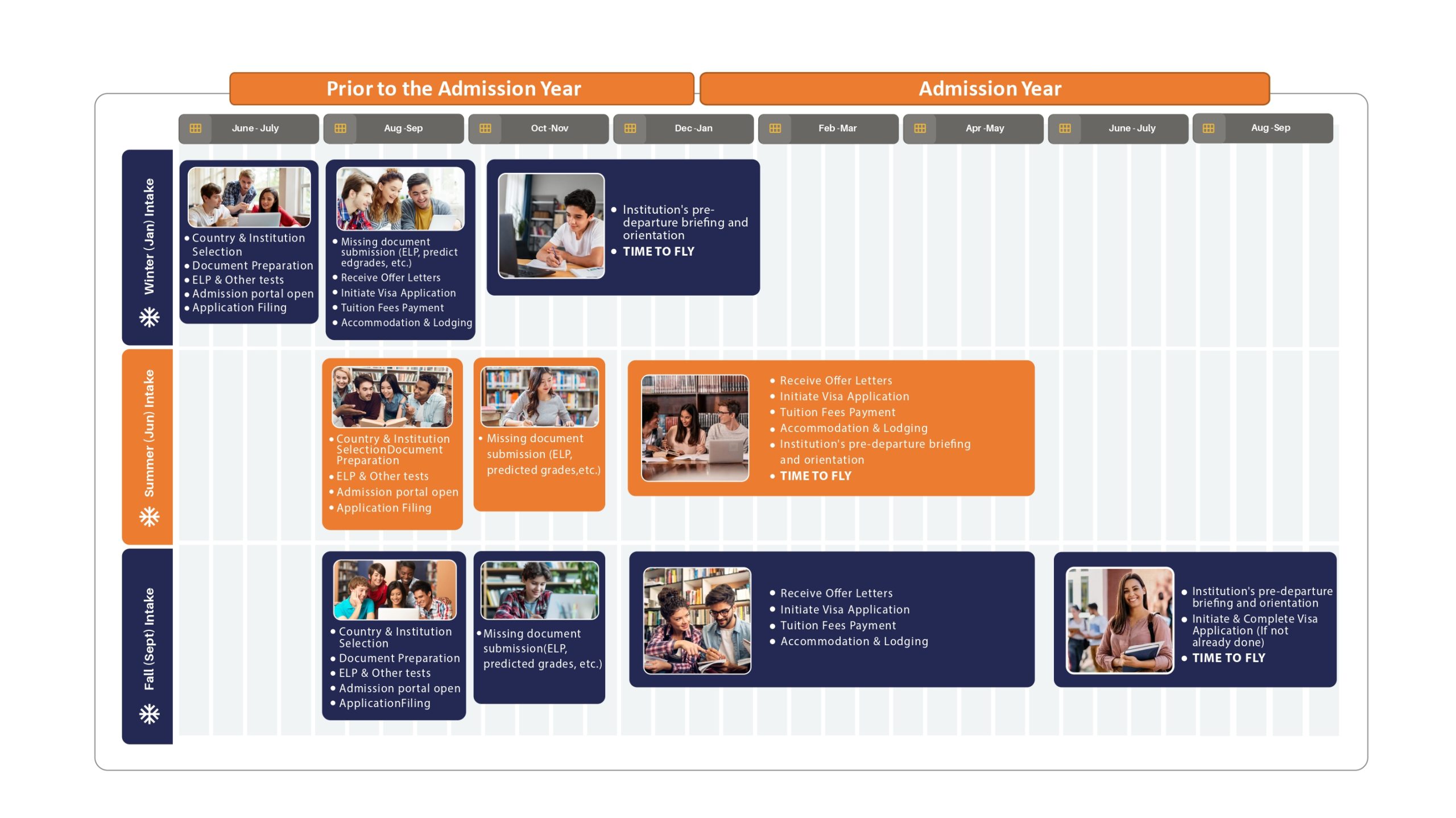STUDY IN AUSTRALIA
Study in Australia: Your Gateway to Top Universities and New Horizons
Australia is a leading destination for international students thanks to its prestigious universities, practical learning, and multicultural environment. With high quality of life, strong post-study work options, and excellent student support, Australia helps you build a successful future while experiencing a welcoming, vibrant country.

Start Your Australian Journey
Fill out the form and our experts will contact you shortly
Facts on Education in Australia
International students enrolled in the 2024 academic year.
(Australian Dept. of Education, 2024)
No. of Universities in World’s Top 100 Universities
(QS Rankings, 2025)
Satisfaction rate among international students in Australia
(AGISS, 2023)
Rank of Australian universities in global employability
(QS Graduate Employability Rankings, 2024)

WHY STUDY IN AUSTRALIA
A world-class education system that offers aUSDemic flexibility, career advancement, and global recognition
- Globally recognized universities with strong academic reputations
- Post-study work permits allow you to stay up to 4 years after graduation
- Opportunity to work part-time while studying (up to 48 hours per fortnight)
- Practical, industry-oriented programs across various fields
- High quality of life in safe, welcoming student communities
- Strong pathways to permanent residency through skilled migration programs
LIFE IN AUSTRALIA
World-class education meets exceptional lifestyle and career opportunities

Economy
Australia’s strong economy (GDP AUD 1.7 trillion) provides excellent career opportunities in technology, healthcare, education, and finance.

Culture
Home to people from over 200 nationalities, Australia offers a multicultural environment enriched by diverse traditions and festivals.

Healthcare
International students receive quality healthcare through mandatory Overseas Student Health Cover (OSHC), ensuring peace of mind.

Language
English is the primary language of education and daily life, helping you develop strong communication skills both academically and socially.

Safety
Australia is among the world’s safest destinations, known for low crime rates and supportive campus communities, ensuring a comfortable student experience.

Food
Enjoy affordable, fresh, and diverse food options, with restaurants and eateries serving everything from local favourites to global cuisines.

Transportation
Major Australian cities offer efficient and affordable public transport options, with special discounts available for students, making daily commuting easy.
COST
Cost of Education
Tuition Fees
- Diploma: AUD 10,000–20,000 per year
- Undergraduate: AUD 20,000–45,000 per year
- Postgraduate: AUD 22,000–50,000 per year
Accommodation Costs
- On-campus residences: AUD 600–1,100/month
- Shared apartments: AUD 500–900/month
- Homestays: AUD 600–1,000/month
Monthly Living Expenses
- Groceries and dining out: AUD 320–1,120
- Utilities and internet: AUD 200–780
- Transportation and entertainment: AUD 460–1,420
- Total Estimated Monthly Budget: AUD 1,400–2,500
ACCOMMODATION
Diverse and Affordable Accommodation Choices to Suit Every Student’s Lifestyle
On-Campus Housing
University-managed dormitories offer secure, convenient housing close to classes and campus facilities. They are ideal for first-year students looking to build connections and adjust to student life.
Shared Apartments
Sharing an apartment with other students is a popular, budget-friendly option, providing independence while fostering a social and collaborative living environment.
Homestays
Living with an Australian family offers a welcoming and supportive home environment, providing opportunities to experience local culture and participate in family activities.
Private Rentals
Renting a private apartment or house offers the highest level of independence, allowing you to choose your preferred location and lifestyle while studying in Australia.
ACADEMIC CALENDAR
Canada’s Academic Year and Intake Timeline

| Jun - Jul | Aug - Sep | Oct - Nov | Dec - Jan | Feb - Mar | Apr - May | Jun - Jul | Aug - Sep | |
| Winter (Jan) Intake | •Country & Institution Selection
•Document Preparation •ELP & Other tests •Admission portal open •Application Filing |
•Missing document submission (ELP, predicted grades, etc.)
•Receive Offer Letters •Initiate Visa Application •Tuition Fees Payment •Accommodation & Lodging |
•Institution’s pre-departure briefing and orientation
•TIME TO FLY |
|||||
| Summer (Jun) Intake | •Country & Institution Selection
•Document Preparation •ELP & Other tests •Admission portal open •Application Filing |
•Missing document submission (ELP, predicted grades, etc.) | •Receive Offer Letters
•Initiate Visa Application •Tuition Fees Payment •Accommodation & Lodging •Institution’s pre-departure briefing and orientation •TIME TO FLY |
|||||
| Fall (Sept) Intake | •Country & Institution Selection
•Document Preparation •ELP & Other tests •Admission portal open •Application Filing |
•Missing document submission (ELP, predicted grades, etc.) | •Receive Offer Letters
•Initiate Visa Application •Tuition Fees Payment •Accommodation & Lodging |
•Institution’s pre-departure briefing and orientation
•Initiate & Complete Visa Application (If not already done) •TIME TO FLY |
||||
SKILLS IN DEMAND
Build a career in Australia’s growing industries and high-demand professions
Healthcare
Information Technology
Engineering
Finance & Accounting
Construction
Education
PARTNER INSTITUTIONS
Partnering with Australia’s Top-Tier Institutions













FAQ'S
Answers to Parents’ and students’ most asked queries
Yes, students may work up to 48 hours per fortnight during study periods and unlimited hours during breaks.
Most universities accept IELTS (6.0–6.5 average score) or PTE Academic (50–64), varying by institution and program.
The main intakes are February and July, with limited courses available in November.
Many Australian universities integrate internships, placements, or work-based learning opportunities into their programs.
Yes, universities have dedicated career support services, including job fairs, career counselling, resume workshops, and employment resources.
Yes. Australia is known globally for its low crime rates, high safety standards, and strong support systems for international students.
